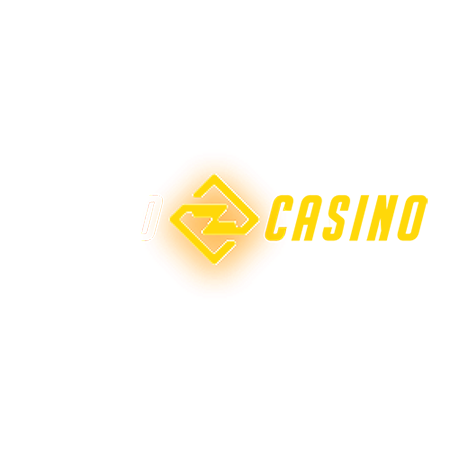
How to Play Poker: Game Rules, Terms, Tips for Beginners
The modern history of the card game Poker dates back to the distant 17th century. It is to this period that the first discovered records of rules similar to the current version of this game are attributed.
In the 19th century, French colonists brought poker to America, where it gained incredible popularity and began to acquire new rules and features. Even then, the psychological aspect of the game and the ability to manipulate opponents became the most important parts of this card discipline.
At present, online poker enjoys the greatest popularity, which anyone can play. All that is required of you is just internet access and basic knowledge of the rules of this game.
To make it easier for you to start improving in this wonderful intellectual game, we have collected all the basics in an easy-to-read article.
Brief Rules of Poker
The brief rules of poker vary depending on the type of game. Let’s understand this using the example of the two most popular versions of this gambling entertainment:
Texas Hold’em
The game involves a standard poker deck of 52 cards. The dealer shuffles the deck and deals 2 cards to each participant who has made a qualifying bet (blind). After that, 5 cards are laid out on the table sequentially, divided into 3 stages of trading: flop, turn, and river.
At each stage, participants can raise bets, fold cards, or undertake other tactical actions to beat their opponents.
Omaha
Omaha is one of the most popular variations of poker. The main difference from “Texas Hold’em” lies in the number of hole (dealt to players) cards. Here each participant receives 4 cards in hand. Otherwise, the game process is exactly the same.
Betting Rules
Bet – a bet.
Blind – the size of the bet that each player sitting at the table must make. Divided into 2 types: Big and Small. The small blind implies a bet twice as small as the mandatory one.
Raise – increasing your bet. You can raise on your turn any amount, up to all-in.
Check – skipping a turn. You don’t raise the bet, don’t fold cards, and just wait for the next card on the table. At a real table, you can tap your finger knuckles on a hard surface to indicate your decision.
Call – responding to an opponent’s bet increase.
All-in – a bet equal to your entire balance.
Poker Game Terminology
Dealer (croupier) – A casino employee responsible for dealing cards to the participants of the game. Also counts chips in deals and lays out cards on the table, for example, in Texas Hold’em.
Buy-in – the entry fee required to participate in a poker tournament. Once paid, players will no longer need to make any transactions at the table.
Tells – a psychological term meaning subtle behavioral features of your opponents in the game. A special facial expression, speed of decision-making, posture, sweating, or twitching of the mouth corner – all this can tell you about the strength of the opponent’s hand.
HighRoller – a player who makes big bets. In poker, this is expressed in entering tournaments with incredibly high stakes. One of the most famous poker tournaments for high rollers is the Super High Roller with an entry fee of $250,000.
Board – a term applicable to the cards laid out by the dealer. For example: the board consists of two sixes, an ace, a king, and a ten.
Flop – the name of the first three cards laid out by the dealer. The same name is also given to the first trades in the deal.
Turn – the fourth “community” card.
River – the card that ends the deal. When placing it on the table, players can make their final bets or fold cards.
Out – cards, the appearance of which will bring victory in the deal. Example of use: Popov has no outs in this deal.
Push – aggressive behavior expressed in constantly raising bets. To push a player means to knock him all-in.
Bluff – the player behaves in such a way that his opponents think his hand is better than it actually is. Widely used in weak deals with a small number of outs.
Draw – a combination that is not fully assembled. 6,7,8,9 – straight draw. 4 cards of the same suit – flush draw.
God Shot – the name of the card, the appearance of which guarantees a nuts (guaranteeing victory) combination.
Back Door – used when two cards are missing for the combination. Backdoor can only be a straight or a flush.
Blank – corresponds to the direct translation. An empty, powerless card that does not affect your hand and combination.
Kicker – a card not included in the decisive combination, but influencing the decision on the victory in the deal. For example, both players have a pair of aces, but one of them has a king as a second card in hand, and the other a jack – the player with the king wins.
Nut hand – the strongest hand in the current situation. It has a 100% chance of winning under any circumstances.
Equity – theoretical chances of winning against the opponent’s range or a selection of specific cards. Chances can be calculated independently, or using special applications for this.
FreeRoll – a tournament held by popular poker platforms, participation in which does not require you to replenish your account. In other words – a free tournament with a small prize pool.

Poker Combinations
Royal Flush – The strongest and most rarely occurring combination in poker. Always consists of the most valuable cards of the same suit. For example: Ten, Jack, Queen, King, Ace of hearts.
Straight Flush – 5 cards of the same suit, arranged in sequence. It is a weakened version of a royal flush but requires much less luck to assemble.
Four of a Kind (quads, poker) – a combination consisting of four cards of the same rank but different suits. For example, four jacks.
Full House – to assemble this combination, you need to catch a set and a pair. Two kings and three tens are one example of a full house.
Flush – assembled when a player has 5 cards of different values but of the same suit. Six, nine, jack, king, and ace of spades, etc.
Straight – Cards arranged in order from lowest to highest make this combination. Their suits do not matter.
Set (three of a kind) – 3 cards of the same value but different suits. A weakened version of Four of a Kind.
Two Pair – A combination consisting of 2 pairs of playing cards. Can be played both from the table and from the hand.
One Pair – two cards of the same value. One of the most popular and frequently occurring combinations at the poker table.
High Card – If none of the above combinations are formed for the players, the one with the highest value card in hand wins. In cases where the highest card is on the table, the victory is awarded to the participant with the strongest kicker.

How to Learn to Play Poker
To learn to play poker, theory alone is not enough. You will need to play a huge number of hands, remembering and analyzing each one separately. Broadcasts and recordings of professional matches saved on video hosting sites will help you with this.
Additionally, you can enroll in a specialized poker school, whose task is to teach you to make competent decisions during the game and manage your balance at the highest level. In these courses, you will also find information on how to behave at a real poker table, how not to reveal information about the strength of your hand, and what to do when your bank is almost empty and the card does not come.
Software
Poker is a game of probabilities. Not every player can calculate all the chances and read the opponents’ hands in their head. To simplify the gameplay and provide visual learning, many programs have been developed, each of which will help you show the best performance and win more often.
How to Play Poker – Tips for Beginners
If you are wondering – How to play poker? It means you are a complete beginner, not yet understanding the basics of the game. Especially for you, we have compiled a small guide to make your entry into this gaming discipline as smooth as possible, and you start winning in the shortest possible time.
- Don’t try to learn the theory. Any games and their features are better remembered in practice, which means that you just need to download any training application on your phone or PC and practice.
- Use special programs to calculate equity. They significantly speed up the learning process and will tell you in which situations it is better not to risk, and where it makes sense to make a bold move.
- Take online courses. No program will replace a person with vast experience. It is not necessary to pay for training, just watch a few videos on poker theory and solve special problems on thematic sites.
- Visit only reliable poker rooms. Read reviews and do not replenish your account where you doubt the withdrawal of winnings.
- Play all freerolls. This way, you will not only improve your level of real game but also be able to play against the strongest participants with extensive gaming experience. And in case of victory, you will also earn some money.
The material was updated (1 February 2024) by the experts of the Bonuski.com
Did you like the article?




 Amatic
Amatic  Endorphina
Endorphina  NetEnt
NetEnt  Nolimit
Nolimit  Pragmatic-Play
Pragmatic-Play  Push-Gaming
Push-Gaming  Quickspin
Quickspin  Soccer
Soccer 

























Comments